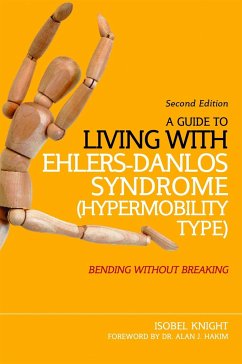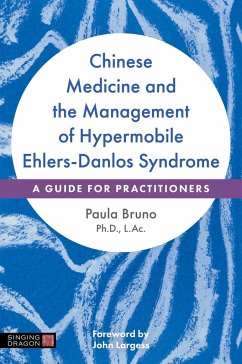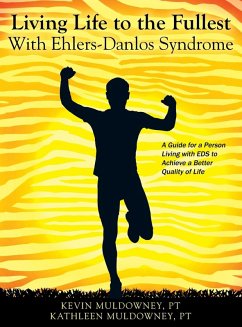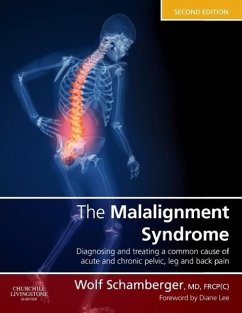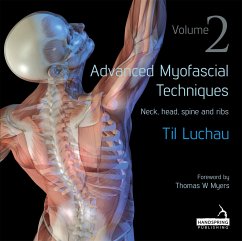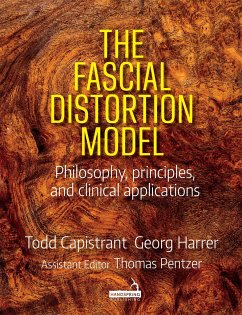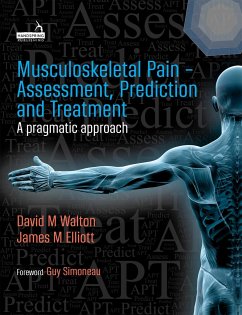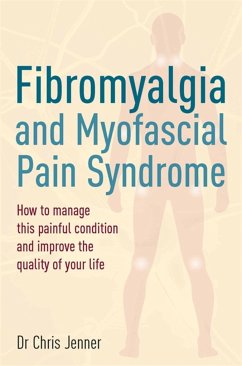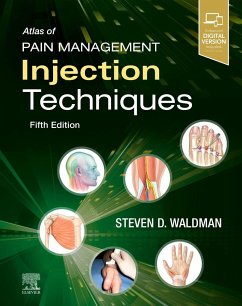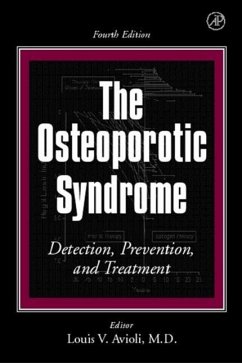
A Multidisciplinary Approach to Managing Ehlers-Danlos (Type III) - Hypermobility Syndrome
Working with the Chronic Complex Patient

PAYBACK Punkte
22 °P sammeln!
This book presents an overview of what it means to treat a chronic complex patient with Ehlers-Danlos Syndrome (EDSIII). It explores the exercise and rehabilitation work needed to manage the condition effectively, considering a wide range of medical and complementary approaches with contributions and insights throughout from leading experts.




